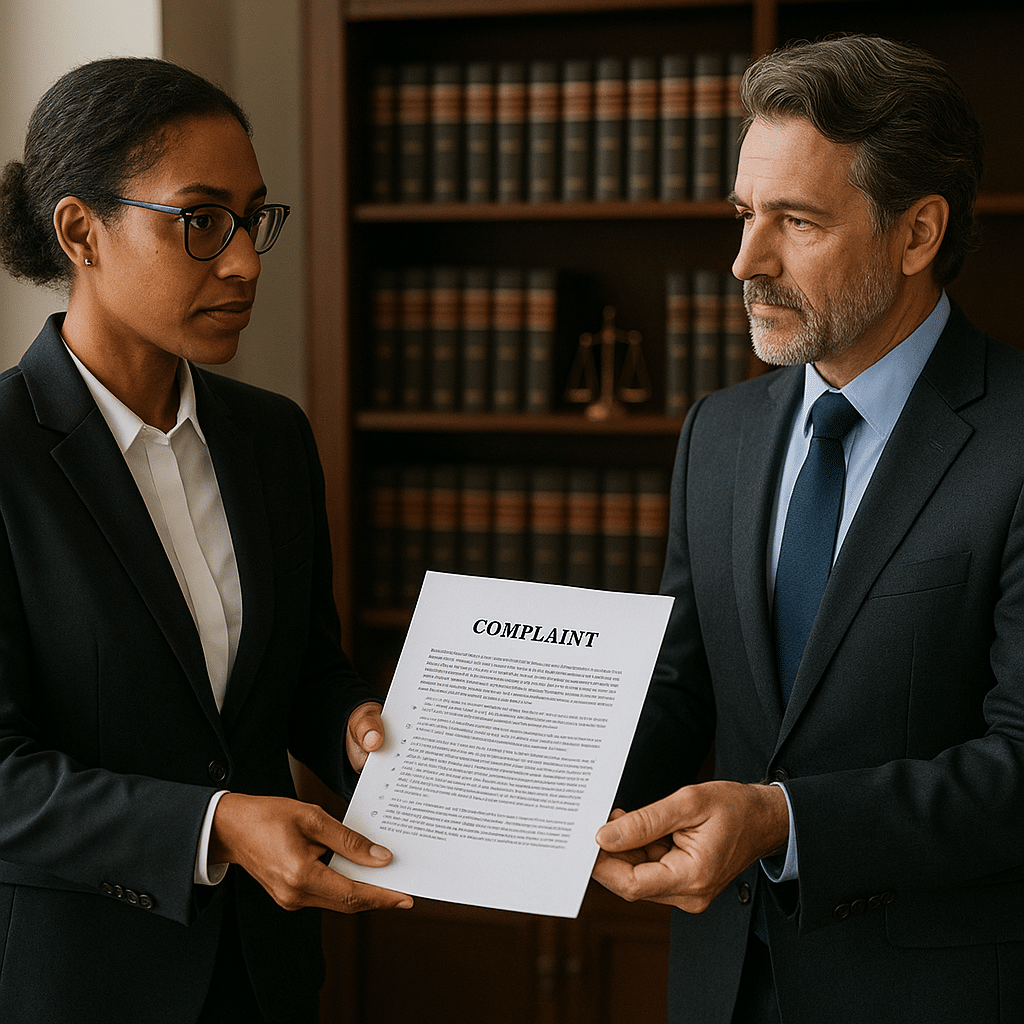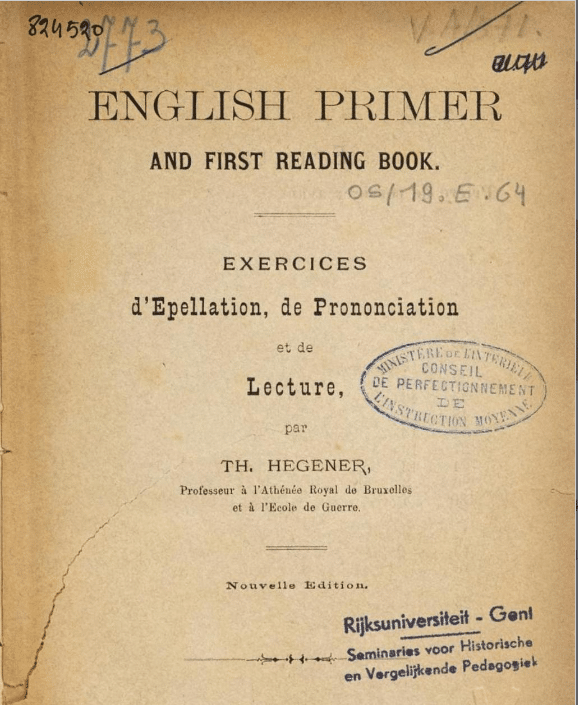“Waiving” the Hague Service Convention
Complying with the Hague Service Convention (HSC) is admittedly not always easy, quick, or even feasible. Not surprisingly, then, parties may want to work around the HSC through contractual language. John Coyle, Robin Effron, and I have previously explained how private parties can—and cannot—contract around the HSC. Unfortunately, the District of New Jersey (Judge Julian…
Continue ReadingSecond Circuit Holds Hague Service Convention Prohibits Email Service on Chinese Defendants
On December 18, 2025, just as TLB was going on holiday break, the Second Circuit issued its decision in Smart Study Co. v. Shenzhenshixindajixieyouxiangongsi, holding that the Hague Service Convention prohibits email service on Chinese defendants. As friend-of-TLB Ted Folkman wrote shortly thereafter, “This is the one we’ve been waiting for.” The question of email…
Continue ReadingPig-Butchering, Crypto, and Preliminary Injunctions
The US government just announced its largest forfeiture action ever, seeking $15B in Bitcoin from defendants in Cambodia who allegedly swindled victims in the United States and around the world. The indictment alleges a form of fraud known as “pig-butchering,” one of several kinds of crypto-related fraud beginning to generate significant transnational civil litigation in…
Continue ReadingMore on Serving Foreign Defendants’ U.S. Counsel to Avoid the Hague Service Convention
In April, one of us wrote a post describing a case in which Judge Carol Bagley Amon (Eastern District of New York) relied on New York rules to order service on foreign defendants through their U.S. counsel. Because the service was completed in the United States, there was no occasion to transmit documents for service…
Continue ReadingThe Impossibility of Schrödinger Service
In quantum physics, a system can exist in two states at the same time. When the system is observed, it settles into one of those states. The physicist Erwin Schrödinger found this notion somewhat absurd. In a thought experiment, he imagined a cat in a closed box with a flask of poison and a radioactive…
Continue ReadingServing Foreign Defendants’ U.S. Counsel to Avoid the Hague Service Convention
Plaintiffs are sometimes frustrated trying to serve process on foreign defendants through the Hague Service Convention. Sometimes, they ask federal district courts to authorize service by email as an alternative means. The problem with this, as Maggie Gardner and I have explained in detail, is that that the means of service provided in the Convention…
Continue ReadingDistrict Court Holds that Serving Chinese Defendants by Email is Prohibited
My posts on TLB often criticize judicial opinions. Today, for a change, I’d like to celebrate a district court decision addressing the thorny question of email service under the Hague Service Convention that gets the answer exactly right. In Flying Heliball, LLC v. Zero Zero Robotics, Inc., Judge Fred W. Slaughter (Central District of California)…
Continue ReadingA Primer on Service-of-Process Clauses
A service-of-process clause is a contract provision that specifies how a summons and a complaint shall be served upon a person named as a defendant in a U.S. court. This post surveys the issues presented by such provisions. It first discusses the three most common varieties: (1) those that specify a method by which process…
Continue ReadingA Roadmap to Service by Email
Federal courts have struggled with the question of when they can authorize service by email on a defendant located in a country that belongs to the Hague Service Convention—as we have explained in many prior posts. Though the interaction between the Convention and Federal Rule of Civil Procedure 4(f) can be tricky, there are clear…
Continue ReadingAll I Want for Christmas (from the Federal Courts)
Rounding out this week’s posts by John Coyle and Bill Dodge, here’s my wish list for the lower federal courts (plus a bonus plea to the Supreme Court). Stop Violating Rule 4(f) and the Hague Service Convention Rule 4(f) of the Federal Rules of Civil Procedure authorizes service of process on defendants “at a place…
Continue Reading








